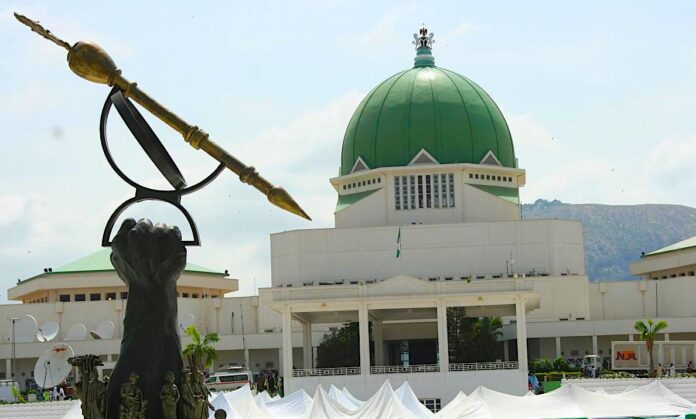
NEW AGE RULE? STAKEHOLDERS WANT GOVERNORS, SENATORS CAPPED AT 30
Youth and civic organizations participating in the Youth Electoral Reform Project (YERP-Naija) have advocated for a constitutional revision to lower the minimum age threshold for running in gubernatorial and senatorial elections from 35 to 30 years.
This appeal was among the outcomes discussed at the National Multi-Stakeholder Forum on Electoral Reform convened in Abuja.
The assembly, which gathered youth leaders, civil society groups, professional associations, and labor unions, aimed to unify advocacy efforts and establish a reform agenda for the National Assembly in anticipation of its reconvening in October.
Contributors, including delegates from the Nigerian Bar Association (NBA), Nigerian Union of Journalists (NUJ), Nigerian Labour Congress (NLC), and prominent youth organizations, contended that the suggested age reduction would diversify the political arena, enhance youth participation, and align Nigeria’s democratic processes with international best practices.
In a statement released at the conclusion of the forum and endorsed by Bukola Idowu, Executive Director of Kimpact Development Initiative (KDI), Abimbola Aladejare-Salako, Executive Director of New Generation Girls and Women Development Initiative (NIGAWD), and others, the participants outlined several essential recommendations to bolster transparency, inclusivity, and equity within Nigeria’s electoral framework.
Among the notable suggestions were the delegation of authority to appoint the INEC Chairman from the President to an independent, non-partisan committee.
The forum additionally advocated for obligatory electronic transmission of election results to prevent manipulation and emphasized the necessity for the creation of an electoral offenses commission tasked with prosecuting election-related violations.
The statement elaborated: “participants urged for a constitutional amendment to transfer the presidential authority to appoint the INEC Chairman to an independent and non-partisan committee.
“Resolution of pre- and post-election disputes prior to the swearing-in of winners to ensure fairness, justice, and equity. Amendment of the Constitution to allow for independent candidacy to create a more inclusive electoral process.
“Changes to the Constitution to remove clauses granting INEC the authority to register and regulate political parties, transferring these responsibilities to a dedicated political party registration and regulatory commission. A constitutional amendment to reduce the eligibility criteria for Senate and Governorship elections from 35 years to 30 years, thereby expanding the political landscape to accommodate more youth.
“Constitutional amendments to introduce reserved special positions for women to promote inclusion, equity, and fairness in the electoral system. Amend the Constitution to eliminate INEC’s authority over the registration and regulation of political parties and transfer such powers to a Political Party Registration and Regulation Commission, to be created through an Act of Parliament.
“It is imperative that the National Assembly and the President enact and endorse legislative proposals aimed at enhancing the electoral framework and rebuilding public trust.
“An amendment to the Electoral Act is necessary to facilitate early voting. A modification of the Electoral Act should permit voting from the diaspora. Furthermore, a legislative bill should be passed and ratified to establish a Political Party Registration and Regulatory Commission (PPRRC) to fortify the registration and oversight of political parties within the nation.
The assembly encouraged the President to be generous in establishing a framework that would further improve citizens’ involvement in the selection process, thus cultivating public confidence in the governance of the new INEC and in Nigeria’s electoral system.
“The National Assembly, State Houses of Assembly, and the President should finalize the constitutional and electoral reform procedure by December 2025, to allow for educating the public on new stipulations in the Constitution, Electoral Act, and other regulations, as well as the actual execution of these stipulations,” it stated.
